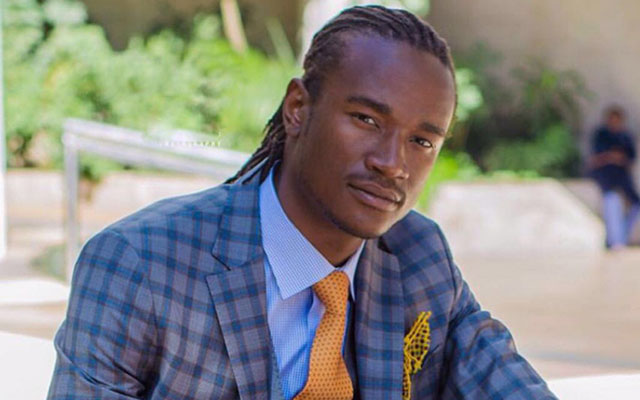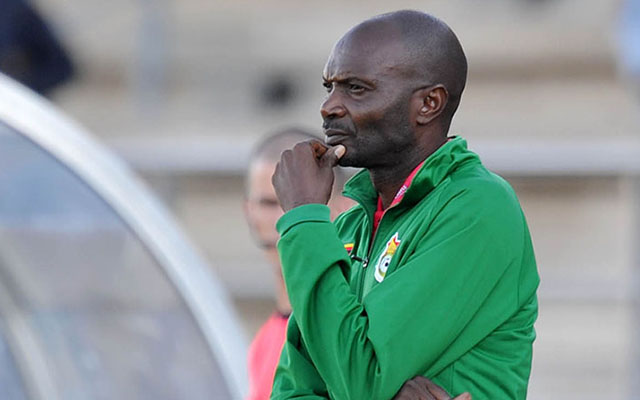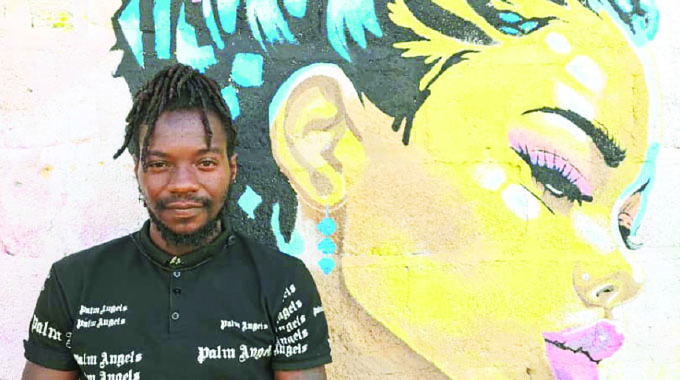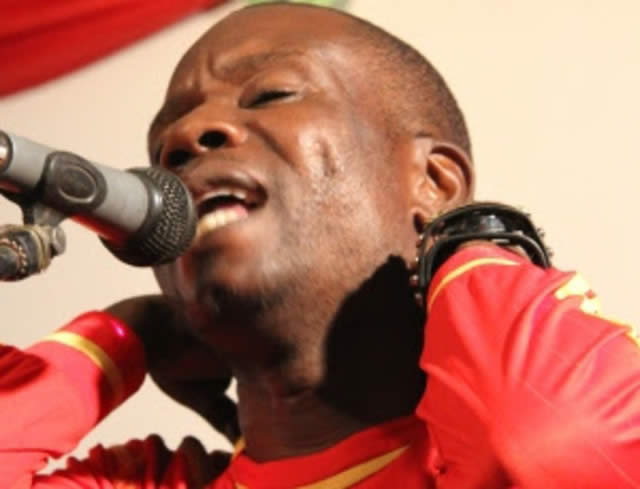Jah Prayzah perches’ way above the top!

Tinashe Mutero is a music lover and arts critic. He took his time to review Jah Prayzah’s “Kutonga Kwaro” album and this is his bit of wisdom after the experience. Describing Jah Prayzah’s musical virtuosity is far much difficult than explaining algebra to actuarial scientists. You could tag him as innovative, creative and progressive, but that sends a truncated message of who he has become and what he can produce. His latest album “Kutongwa Kwaro” bears testament to the force he is.
When Jah Prayzah released “Mudhara Vachauya” in 2016, which for many who were attracted to his trad-music inspired sound, we thought he was never going to surpass the genius that was on “Jerusarema”, a 2015 release. It seems on “Kutongwa Kwaro” Jah Prayzah has either listened to critics or he has now found a perfect balance between his traditional sound and the Afro-pop sound, creating a total of 14 classic songs. All on one album!
“Kutongwa Kwaro” was released on Friday the 13th, a date associated with bad omen by Westerners. The Western superstition almost held true when news filtered in that Nigerian star Davido was not going to make it for the show. But as fate would have it Western superstition became one of the worst lies, (all) things worked to perfection. The major highlight of the day became the album. “Kutonga Kwaro” was afforded unbridled attention and Jah Prayzah ruled.
In recent times, there has been a lot of groaning and disapproval over some of the collaborations he has done, case in point being “Sendekera” and “My Lily”; songs which he worked on together with Mafikizolo and Davido respectively. On “Kutonga Kwaro”, he again collaborates with Diamond Platnumz and Yemi Alade on tracks “Poporipipo” and “Nziyo Yerudo”. Both tracks have a cross-over appeal; the featured artistes brought their A-game. Most importantly both songs are unapologetically Zimbabwean. It is difficult to miss the influence of Lameck “Chikwari” Moyo on “Poporipipo”. In fact, Diamond Platnumz’s silk voice adds cosmetics which give life to a melody Zimbabweans are fond of. The subtle message in borrowing from Chikwari is that we have a lot of musical heritage from which we can build on.
On “Nziyo Yerudo”, Nigerian star Yemi Alade rubbishes every other Zimbabwean who has been bastardising the Shona language. Her articulation of the language and intonation is just perfect. You will be excused for assuming she has a body double from Masvingo. Listening to her sing in Shona seems a bit like you are having ice cream and the mint is hardly there . . . The Pidgin part is as if the mint pieces are melting in your mouth, combining with chocolate . . . My goodness! Sweet and refreshing at once.
“Ndin’ Ndamubata” ranks among my personal favourites, which by the way might count to the whole album. The rhythmic, melodic, and harmonic infrastructure of the “Ndin’ Ndamubata” borrows from Zimbabwean traditional game songs. It is a track full of energy, danceable, easy on the ear, and its call and response structure makes it a perfect for community. The message is simple, “We need to be happy and to progress”. This is one of the songs which was just meant to be produced by DJ Tamuka. Most people from Gweru, where the now famous producer cut his teeth, will testify that Tamuka made brilliant house renditions of game songs. Some of the songs became very popular. Unfortunately, the general public never got to put his name to his productions. “Ndin’ Ndamubata” is a medication one should take whenever they feel depressed. It’s an anti-depressant, yekuti usakendenge.
“Pikoko” has potential to become a wedding anthem. The persona is a smitten newly-wed who vows to spend days and nights with his love. Since the days of Dewa, it seems there has not been anyone who has urged men to love their wives like Jah Prayzah has done on “Pikoko”. It brings the lovely vulnerability of a man in love. The fast tempo however, suggests that it is in fact strength to be deeply in love.
Like an international star he is Jah Prayzah laces “Chipo” with setapa rhythms from Botswana. His legion of fans who have been accustomed with him collaborating with Motswana star Charma Girl would be charmed to learn that he has keen interest in their traditional music. Jah Prayzah yet again shows that he has mastered the art of achieving counterpoint, on “Chipo”. The backing vocalists blend so well with harmonically dependent voices yet the rhythm and contour is independent. This for me makes him different. With these abilities to assimilate, Botswana culture, perfect harmonies, and brilliant mbira playing skills, he deserves the right to dominate the ethno arts circuit. Of course, the other tracks will still be propelling him on the popular music front.
The currency of African music, is often its messages which have a lot of social relevancy. Jah Prayzah does not miss the opportunity to either inspire, critique or shape the society in all his songs on “Kutonga Kwaro”.
The 14-track album has messages which will resonate with people from across the social strata. His language of choice, Shona, has some beautiful metaphors as is the case with most African languages. This agency to listeners as we all participate in making meanings of the songs, some of which could be politically interpreted, as is the case with “Kutonga Kwaro” perfects and ‘murks’ it. Certain, however, is that “Inzwai Minamato” is a prayer and “Hello Mama” are prayers, “Kutonga Kwaro” is an exceptional album and DJ Tamuka is immensely talented.
Well done, Jah Prayzah and the Third Generation








Comments